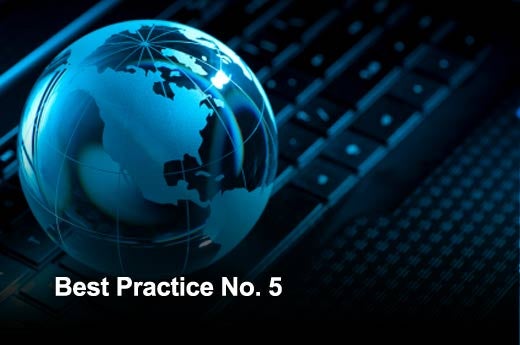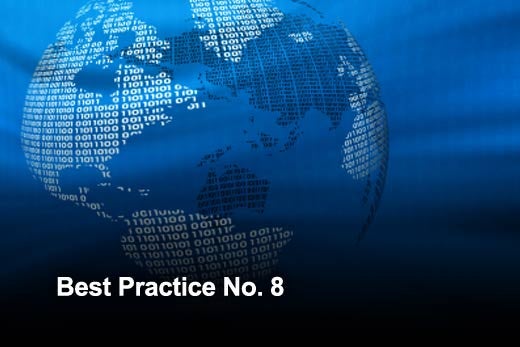Surviving as a 21st-century supply chain requires operating as a demand-driven value network, according to Gartner, Inc. Orchestrating these value networks means supply chain executives must understand and adopt best practices in selecting, onboarding and managing supply chain outsourcing partners. Therefore, Gartner has identified eight best practices in supply chain outsourcing.
"Supply chain executives are starting to apply more comprehensive analysis to outsourcing decisions, such as factoring in agility, responsiveness and cost," said Michael Dominy, research director at Gartner. "Companies must focus on what they can do best and appropriately outsource activities that value chain partners can do better. This often means using one or more logistics, manufacturing or business process outsourcing (BPO) partners, instead of performing these supply chain activities themselves."
"Successful supply chain executives must be able to manage outsourcing partners. That's what we hear from our supply chain clients," Mr. Dominy said. "Based on this feedback and other Gartner research, we have identified eight key best practices that companies should leverage when outsourcing logistics, manufacturing or supply chain management business process outsourcing (SCM BPO). These best practices can help companies avoid some of the key pitfalls associated with supply chain outsourcing."
Click through for eight best practices companies should leverage when considering supply chain outsourcing, as identified by Gartner, Inc.
Align the outsourcing strategy with the corporate and supply chain strategy.
Companies that compete by offering personalized, high-touch customer service need outsourcing partners that have flexible and agile service delivery models. Conversely, companies or supply chain segments within companies that compete on price need lean, operationally efficient and low-cost partners. Because most companies operate several supply chains, it's essential to understand each one before selecting an outsourcing partner.
Understand your current capabilities in managing supply chain outsourcing partners.
Companies should determine how stakeholders view and engage with outsourcing providers (see Gartner's Demand-Driven Maturity Model for more information). Knowing the current level of maturity will help companies understand what type of outsourcing they require as they become more demand-driven. It also provides insight regarding organizational and interorganizational models and governance.
Understand your core competencies, the market participants and the points of overlap.
The major players in the supply chain outsourcing market are expanding their services into each other's turf. Knowing what services are core and which ones are not for each service provider is an important factor to consider when deciding the activities to award to an outsourcing provider.
Make outsourcing decisions based on strategic and tangible factors, not just cost.
Numerous companies that have outsourced a supply chain function, such as manufacturing, purely based on direct costs have experienced problems later. Some companies found that total costs didn't improve as much as anticipated because customer service suffered and quality problems increased after outsourcing. In addition to a robust cost-service analysis capability that addresses make/retain versus buy/outsource, companies must incorporate quality, responsiveness, past performance and risk as decision criteria.
Understand how corruption and intellectual property (IP) risks differ by country in key outsourcing regions, such as Asia.
Such data can be factored into outsourcing decisions, and can be useful when defining policies, procedures and governance for doing business in countries where corruption and IP theft are a greater concern.
Establish and maintain a regular flow of data, information and ideas.
Data such as inventory levels, customer orders and master data should be visible and shared weekly; data about significant changes should be communicated more promptly. Information such as promotion plans, supplier changes or other decisions that will impact the outsourcing partner should also be updated and communicated weekly. Ideas for improving overall supply chain performance and multitier visibility should be exchanged and discussed at regular intervals by operational and management personnel.
Define and track service levels and key performance indicators (KPIs).
The service-level agreements (SLAs) and KPIs defined when an outsourcing partner is selected should be linked to key business goals and objectives. Gartner's hierarchy of supply chain, manufacturing and product metrics will help to identify what to measure. Companies that align SLAs with key business goals tend to have a more positive relationship with their outsourcing partners and achieve better results.
Leverage the outsourcing partner's processes, technologies and capabilities if warranted.
Often, an outsourcing provider can perform an activity or process better than its clients, which means that embracing the outsourcing provider's process will improve overall supply chain performance. Having the outsourcing provider use its own technology can also prove beneficial, because it should be faster and easier for the provider to perform the functions and processes required.











